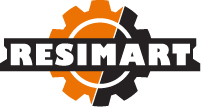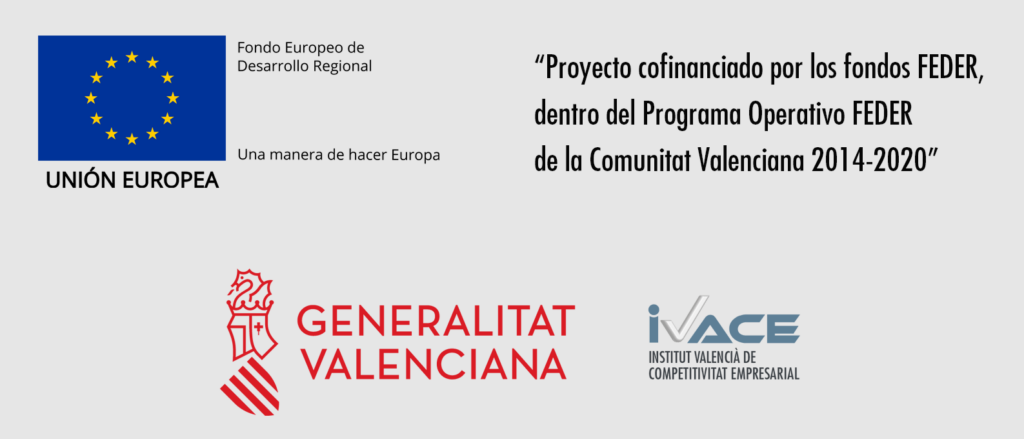Factory
Complete installation project
return on results
In addition to supplying the entire range of machines and equipment responsible for the production of prestressing, Resimart develops the complete installation project that best meets the customer’s specifications. In this sense, it is necessary to contemplate on the one hand the productive requirements and, on the other, the investment capacity, looking for the balance point that guarantees a better profitability of the results.
Although properly dimensioning the installation is essential, the modular design allows, if necessary, a future growth of the productive means.
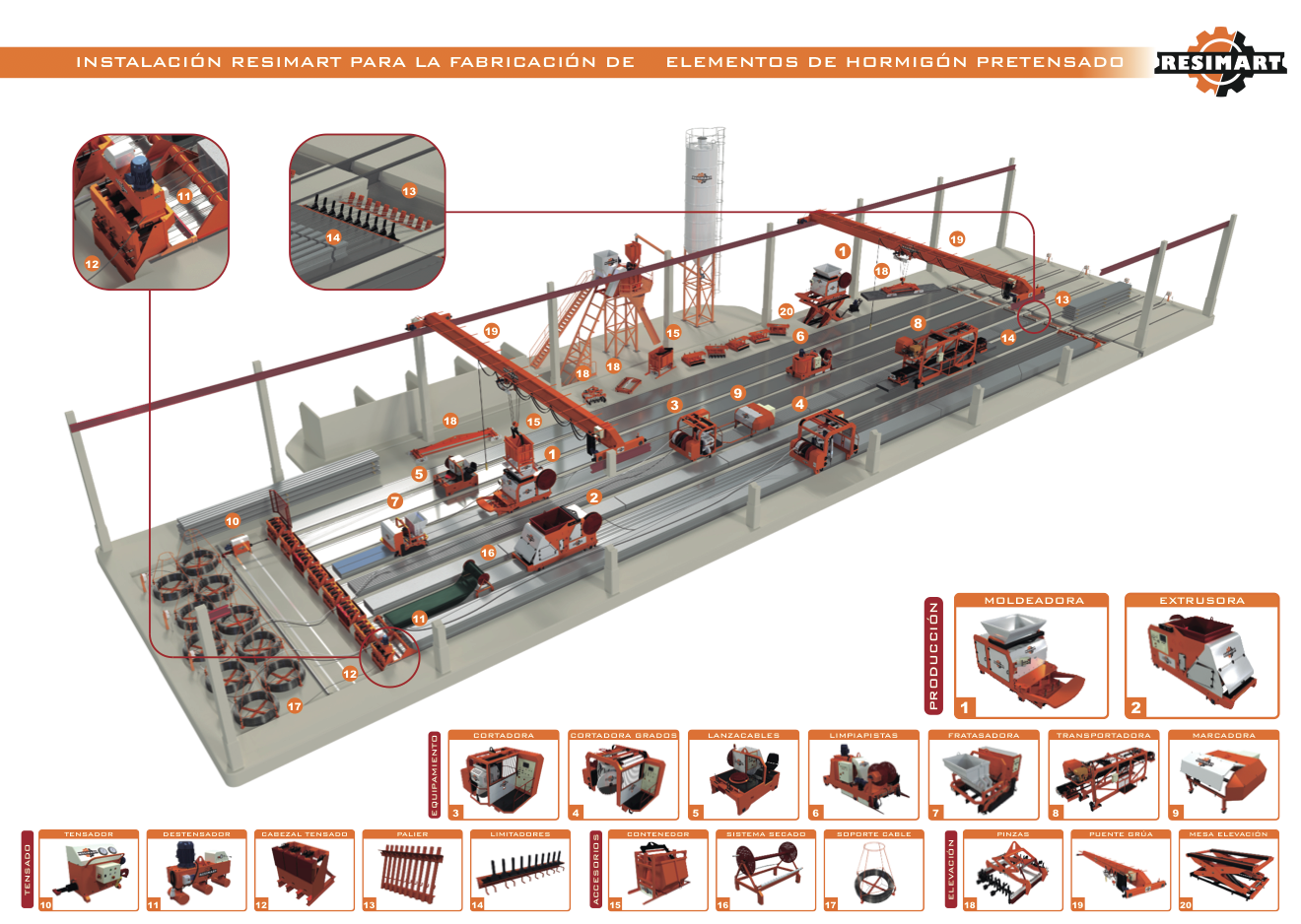
Based on this premise, Resimart carries out turnkey projects adjusted to the starting requirements
Do you need advice?
Some of the critical points to consider when developing an installation for precast prestressed concrete
Available Terrain
Having adequate terrain is the first step towards success.
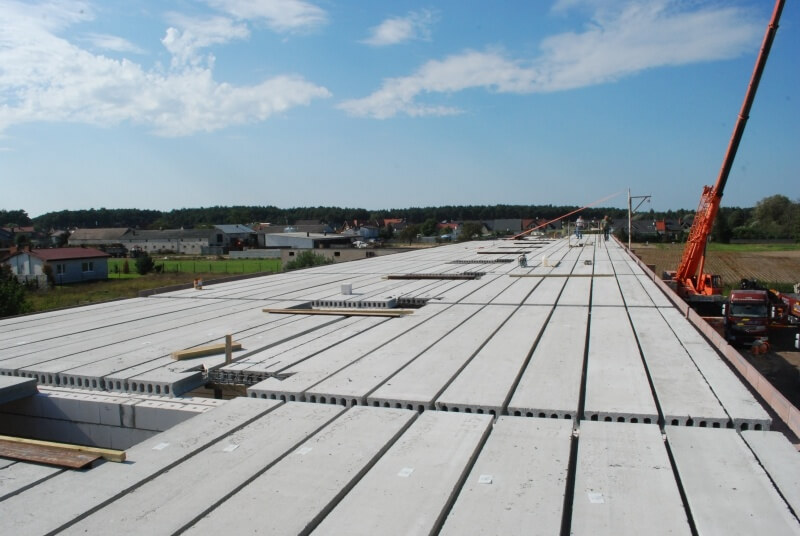
The available terrain will be, at all times, a natural limit of the productive capacity, beyond the acquired equipment.
It is important that the available land meets minimum quality requirements.
It is important that the available land meets minimum quality requirements. On the one hand, it should be properly leveled, both for the construction of the production line and to ensure comfortable access for the supply of raw materials and production collection tasks.
The terrain must have an adequate degree of hardness and compaction, both in order to assimilate the remarkable demands of prestressing and to facilitate an unhindered transfer of machinery and transport. It should not be forgotten that the production of prestressing entails, from its manufacture to the final transport, the use of large-tonnage industrial equipment. Being able to design a functional drainage is another aspect that contributes to the topographic quality of the land.
Factory
The surface area provided for the production center will mark the acceptable manufacturing capacity, as it is easy to imagine.
- Speaking of minimum requirements, Resimart recommends a minimum of 3 casting beds and a production length above 100 m. With this it is already possible to start a production that allows to monetize results, always with a view to future expansions.
- If you are looking for a competitive production, the ideal is to be able to have 140 m beds, with at least 6 of them. An installation of these characteristics will be able to guarantee solid results, both quantitatively and in catalog versatility.
- In any case, it is always recommended to foresee a future expansion capable of assuming, at least, 8 casting beds, with 12 being a more ambitious goal. This scalable capacity is very valuable in terms of economic investment.
In addition, a minimum space must be provided for tensioning equipment, removal of bed work equipment, wire storage and machine maintenance.
With all the above, the ideal is that the length of the factory reaches 160 m, its width being greater than 16 m.
On the other hand, a beam crane minimum lifting capacity of 10 T and 6 m in hook height must be considered for the handling of equipment and production on the entire work surface. Although the absence of any of these requirements can be solved, it will always entail some damage to productive capacity.
For the rest, there are no additional strict requirements, beyond guaranteeing electricity and water supplies. Under favorable climatic conditions you can get to dispense with the walls and cover of the plant, or postpone its construction to materialize it with the shaped elements manufactured by youself.
Casting beds
Casting beds are the most crucial element of the installation, and the quality of the final product depends on the quality of their finishing.
Properly casting beds are the main guarantee on the way to success, which is why Resimart conforms to its strictest quality standards.
Casting beds can be of two types:
Polished concrete beds, although becoming less common, can be an economical option
steel beds are, without any doubt, the most recommended option, guaranteeing a quality surface finish and better handling of the products. The steel sheet facilitates the extraction of the molded parts and the possibility of incorporating beveled profiles on both sides allows to achieve an optimal finish in slabs.
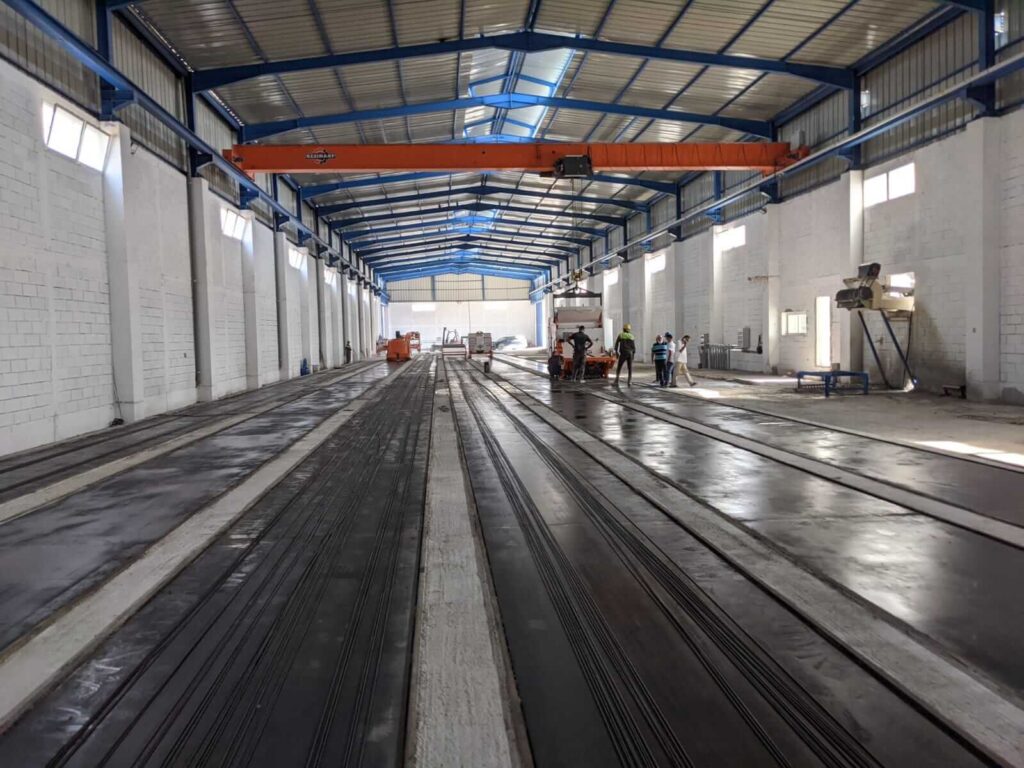
In either case, metal rails of great resistance and perfectly aligned, arranged on both sides allow the movement of the machines responsible for the production process.
The beds have a slight slope (0.2 – 0.3%) that facilitates the drainage of water and other fluids involved in the production to the evacuation systems arranged for this purpose.
Combined beds share rails, with the consequent saving of space and materials, or you can opt for independent beds, having intermediate passages that improve the operability with the equipment in high production conditions and are suitable for high edge products (from 300 mm).
If you want to improve productivity, and especially in geographies with climates that are not favorable for concrete setting, it is possible to equip the beds with different heating systems. The supply of heat, with hot water and even steam or hot oil, depending on the chosen option, allows to accelerate the setting times and, with it, the productive capacity of the entire installation.
Normally, one chooses one of the standardized bed widths, depending on whether it is desired to manufacture products of 1200 mm, 1500 mm or even 2400 mm. In any case, Resimart has developed bed projects under very particular specifications, according to customer requirements.
As mentioned, the minimum length of beds recommended to make the production profitable is 100 m, it is advisable to reach lengths of 140 m or higher.
Anchor heads
At both ends of each bed the anchor heads are housed, that is, the structures responsible for transmitting the tensioning efforts to the ground.
At one of the ends the fixed head or palier is housed, arranging on the opposite the active tensioning head, which allows to relax the tension of the steel wires once the product is partially set and ready to cut and extract.
For its installation, a simple civil work is required, the details of which are conveniently supplied by Resimart, who will be in charge of materializing or supervising the construction process that guarantees an adequate transmission of the efforts involved to the field.
The heads usually used allow to withstand efforts of up to 250 T per bed, enough to cover the most common production scenarios. The heads usually used allow to withstand efforts of up to 250 T per bed, enough to cover the most common production scenarios. When the prefabricated catalog requires higher performance, as is the case of extruded slabs of high edge (400 – 500 mm), Resimart can provide a system of heads that reach, and even exceed 350 T, always adjusting your project to customer specifications and production expectations.
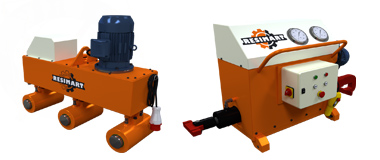
Collection area
The collection area, usually adjacent to the factory itself, is necessary to store the production andmanage its entry and exit.
It is important to plan it properly, guaranteeing comfortable access to the different storage areas, both by the cargo trucks and the forklifts and lifting equipment used. Obviously, the terrain must be suitably compacted and leveled to facilitate the work.
The prefabricated products can be stacked, interposing spacers (usually made of wood) between the different rows that allow the insertion of the forklift forks. Due to stability limitations, it is not recommended to exceed heights of 3 m of stack, reducing this figure according to the typology.
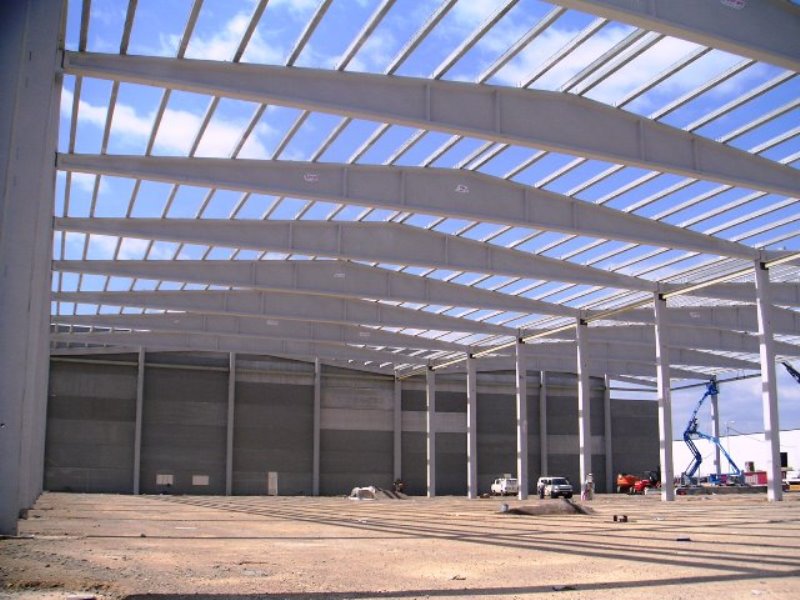
The collection area will differ greatly from one factory to another and, of course, will be planned in detail in accordance with productivity and business strategy.
As an indicative figure, a minimum area of 10,000 m2 will always be recommended.
Start-up and follow-up
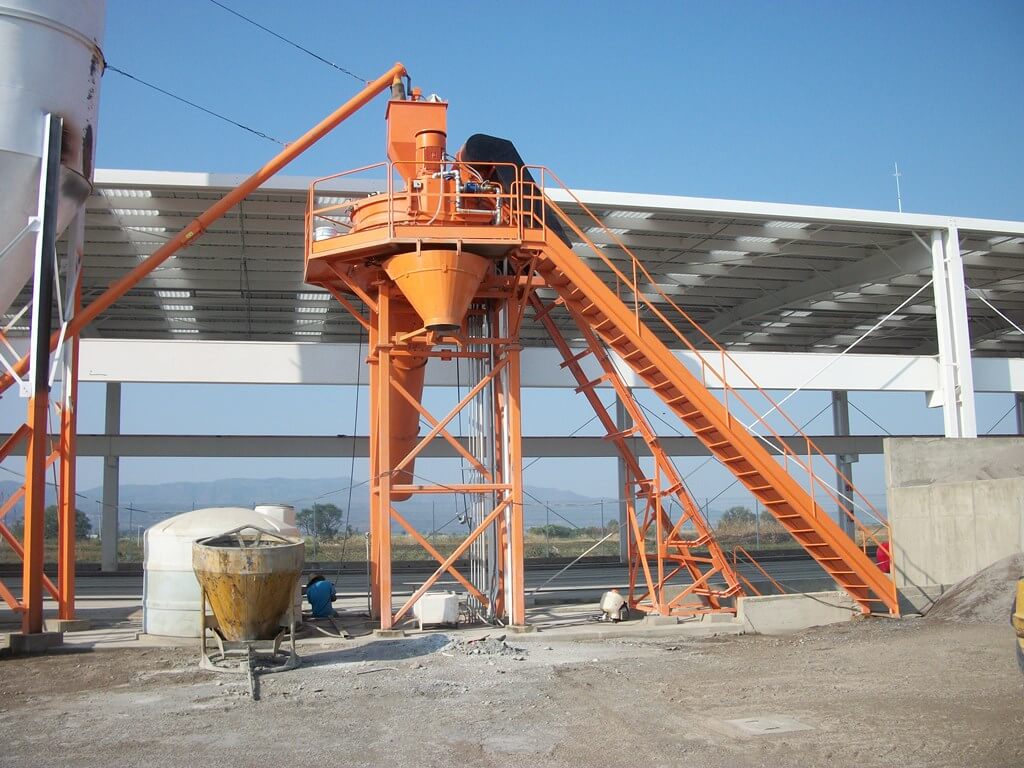
The work of Resimart does not end with the construction of the facilities and machinery for the manufacture of prestressed prefabricated.
Once the start-up work is completed, the training of the entire staff that will participate in the production is the next step to guarantee the success of the project. For this, the Resimart team will provide all the necessary knowledge, covering:
- Dosing recommendations for the preparation of a suitable concrete.
- Basic production strategies and guidelines, with the aim of optimizing work efficiency and minimizing errors and incidents.
- Detailed operation recommendations for the various machines, including emergency actions and special applications
- Maintenance of the equipment: cleaning, greasing, spare parts and various aspects to increase the useful life of the same.
Finally, the required follow-up and support services will be provided, to guarantee the proper functioning of the productive plant and the use of all the acquired equipment.
